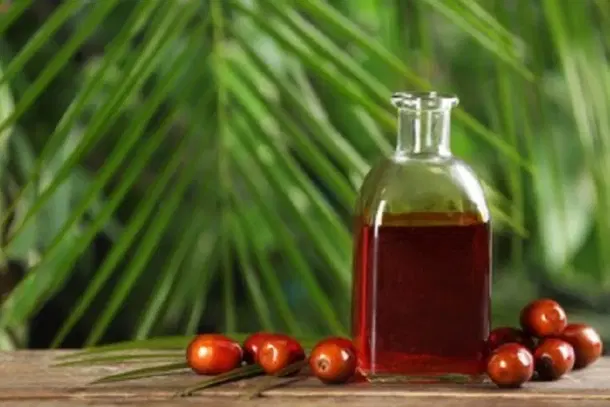News Brief
NHRC Acts On Complaint, Seeks Report From FSSAI On Rampant Reuse of Cooking Oil
Swarajya Staff
Oct 25, 2025, 10:13 AM | Updated 10:13 AM IST
Save & read from anywhere!
Bookmark stories for easy access on any device or the Swarajya app.


In a move highlighting growing food safety concerns, the National Human Rights Commission (NHRC) has sent a notice to the Food Safety and Standards Authority of India (FSSAI) over rampant violations of norms governing the reuse of cooking oil across the country, India Today reported.
The NHRC observed that despite repeated awareness campaigns, small eateries and street vendors still reuse cooking oil multiple times — a practice it described as a grave public health risk and a violation of citizens’ basic human rights.
In a notice dated 22 October, the NHRC directed FSSAI to submit state-wise data and an action-taken report from the FSSAI within two weeks.
This action came after a complaint from Bhopal-based NGO Sarthak Samudayik Vikas Evam Jan Kalyan Sanstha, which alleged that the FSSAI’s Repurpose Used Cooking Oil (RUCO) campaign had failed to stop the unsafe reuse of degraded oil, especially in smaller and unregulated food outlets.
"We found the allegation to be correct prima facie and understand it to be a nationwide problem that needs to be tackled immediately by the FSSAI and state food regulators in the interest of public health," NHRC member Priyank Kanoongo, whose bench issued the notice, was quoted as saying by India Today.
As per the Food Safety and Standards (Licensing and Registration of Food Businesses) Regulations, 2011—amended in 2018—cooking oil is deemed unsafe when its Total Polar Compounds (TPC) exceed 25 per cent.
TPCs are harmful compounds formed when oil breaks down through repeated heating—common in frying.
The longer the exposure to heat and moisture, the higher the toxicity level.
Medical research links consumption of oil with high TPC content to severe health disorders such as hypertension, atherosclerosis, liver ailments, Alzheimer’s, and even cancer.
Reheating oil also increases trans fats, worsening the danger.
With an annual consumption of nearly 2,500 crore litres, India ranks among the world’s top vegetable oil consumers. About 60 per cent of this is used in homes, and the rest in restaurants, hotels, and street food stalls.
Given such massive consumption, regulating the use and disposal of cooking oil is vital for both public health and environmental safety.
FSSAI mandates that eateries consuming over 50 litres of oil daily must test and record its quality.
Once TPC levels cross 25 per cent, the oil must be handed over to authorised collectors to prevent it from re-entering the food chain.
FSSAI rules further state that used oil must be stored in labelled containers to prevent contamination and must not be disposed of through drains or sewers.
Smaller food stalls are advised to reuse oil no more than three times—ideally just once.
Oil showing signs of darkening, foaming, or bluish smoke must be discarded immediately.
For homes, the FSSAI recommends reusing fried oil only for cooking curries after filtering and never for frying again.
Despite these clear standards, the complainant informed NHRC that the illegal reuse and resale of cooking oil are widespread.
Many eateries reportedly sell or dispose of used oil improperly, allowing it to re-enter the food chain or contaminate soil and water sources, creating both health and environmental hazards.
To support the National Policy on Biofuels, the FSSAI launched the Repurpose Used Cooking Oil (RUCO) initiative in 2018.
RUCO’s objective was to build a structured system to collect used cooking oil and convert it into biodiesel—a cleaner, renewable alternative to traditional fuels.
The policy set a goal of 5 per cent biodiesel blending into diesel by 2030, aiming to cut pollution while boosting energy self-reliance.
Under RUCO, FSSAI introduced an Education, Enforcement, and Ecosystem (EEE) framework to raise awareness among food operators, enforce compliance, and penalize violations.
The scheme also aimed to connect restaurants and food chains with biodiesel manufacturers and aggregators through organised oil collection networks.
However, the NGO’s complaint claimed that RUCO’s implementation remains weak on the ground—especially across small towns and unregulated street-food sectors.
Please click here to add Swarajya as your preferred and trusted news source on Google





